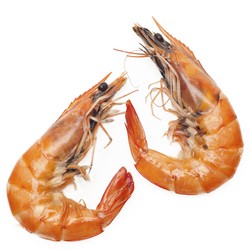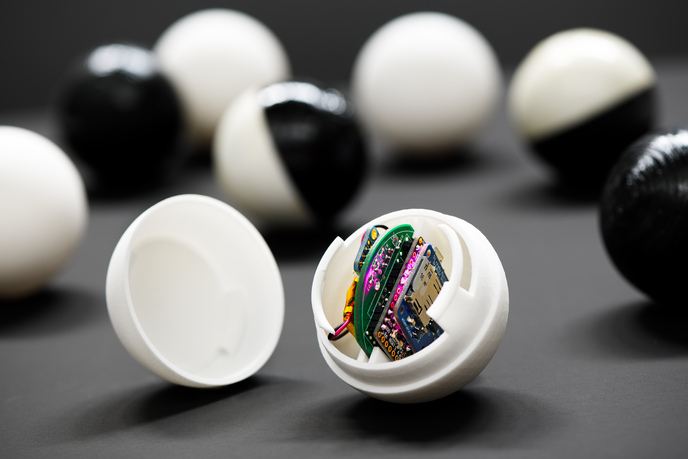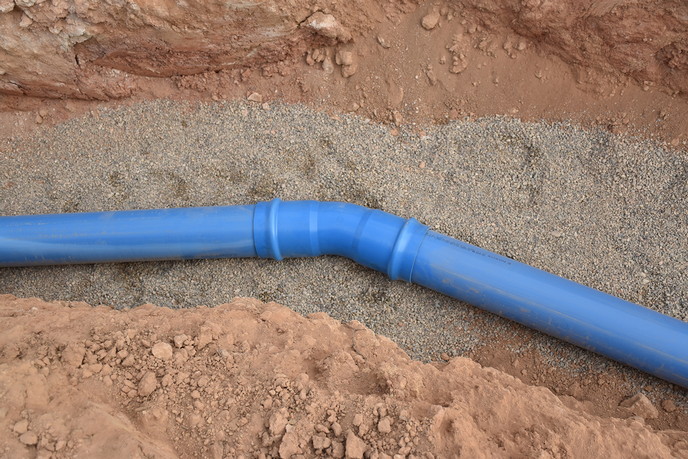Dead sea creatures make great water filters
Water pollution is an age-old challenge that is further complicated by a new suite of emerging pollutants such as pharmaceuticals and hormones. There is a constant need for new technologies to purify polluted water. The CHITOCLEAN (Enhanced chitin-based biosorbents for drinking water purification) project employed chitin from shrimp and crab carcasses to create water filters. The environmentally friendly material is known for its excellent qualities as a biosorbent and is a common waste product. Project partners created enhanced chitin-based materials (ECMs) to be used as drinking water filters. The aim was to develop prototypes for small-scale domestic use, as well as for large-scale use and integration in the central water supply of small towns. These water-insoluble ECMs were designed to have high mechanical, chemical and biological stability. They also have the added benefit of high adsorption rates and capacities. Researchers investigated the regeneration of ECMs that have lost their adsorption capacity over time, in order to extend their working life. The consortium also explored methods for recycling and/or disposing of the old filter materials. In addition, researchers assessed the effect of ECM treatment on the mineral content of purified water. New ECMs modified by CHITOCLEAN were found to have stronger adsorption properties than the original chitin-based materials, particularly for nitrates, fluoride and hormones. Researchers also found that the new ECMs can filter a wider range of pharmaceuticals and pesticides following chemical modification. The physical structure of the materials (such as powder, flakes or beads) was also shown to play an important role. Although beads performed less well (probably due to their small surface area), they were the most suitable for use in fixed bed adsorption for purifying polluted water. Modified ECMs will provide an environmentally friendly and health-promoting alternative to traditional methods of water treatment. They are based on natural adsorbents that do not create any negative environmental or health impacts. Their widespread application will also lead to new business opportunities for European industry.







